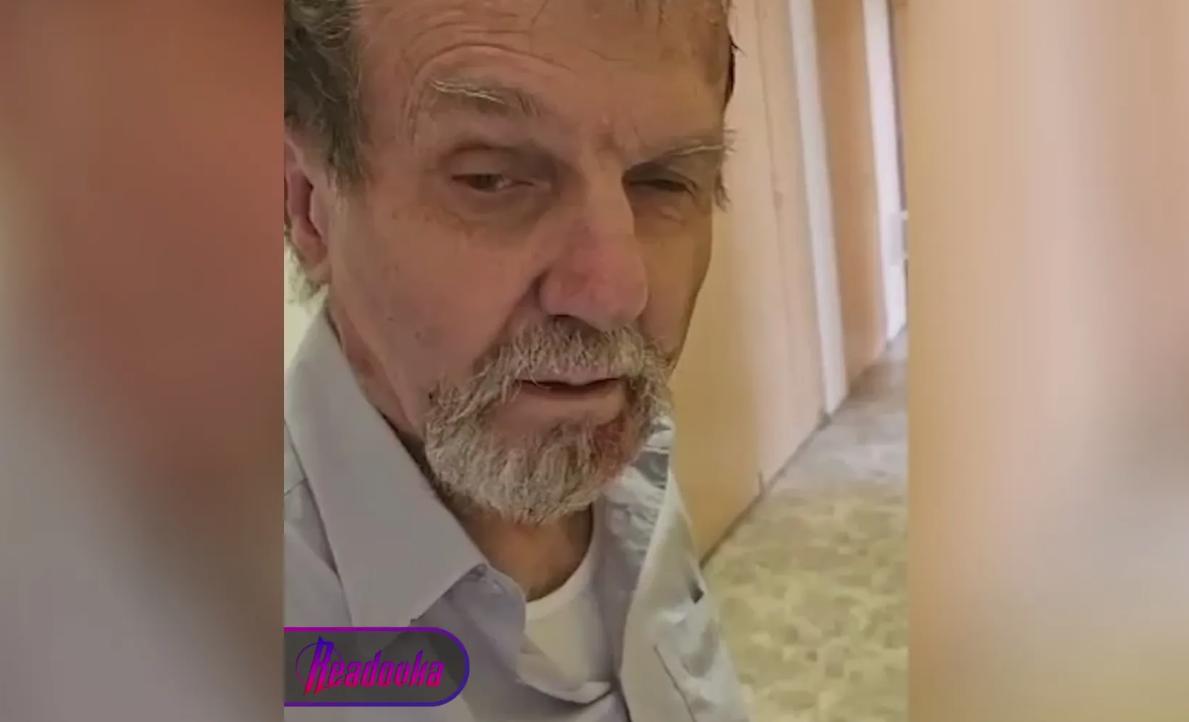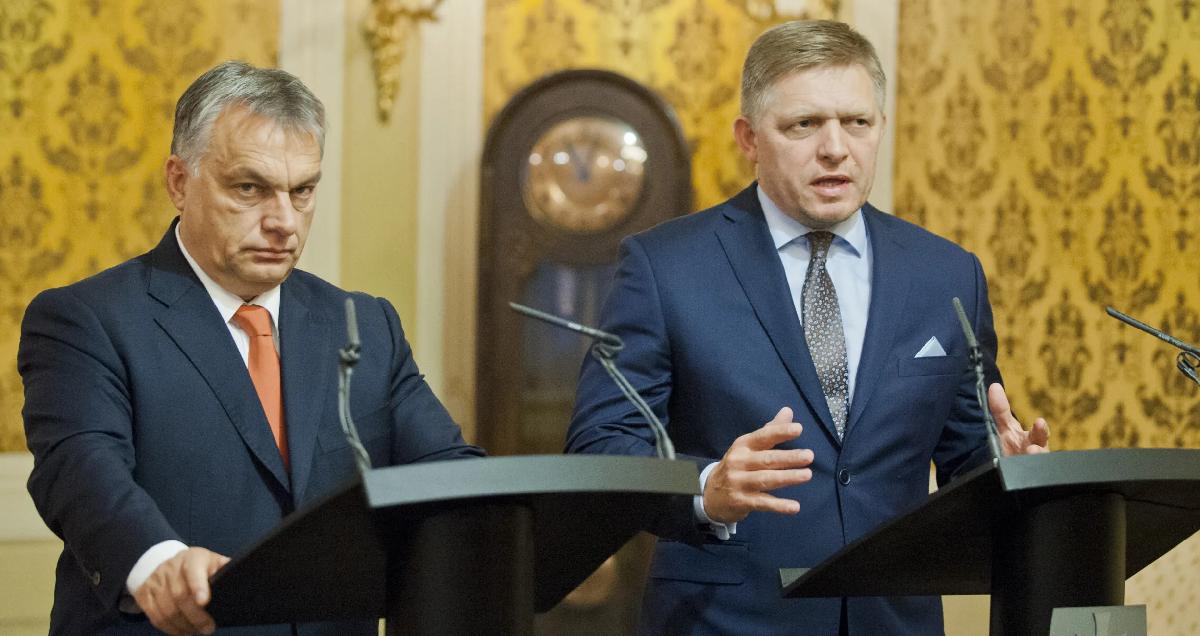Assassination attempt on Slovak PM as a harbinger of tension in Europe Proponents of peace under fire
More than once, shots rang out on the streets of Europe with the most serious political consequences for the whole world. The assassinations of Archduke Franz Ferdinand, Yugoslav King Alexander, Swedish Prime Minister Olof Palme have led to wars or internal political upheavals. On 15 May 2024, another European statesman fell victim to an assassination attempt.
On this day, Slovak Prime Minister Robert Fico went to his supporters to shake hands during a government meeting in the town of Gandlová. Impartial cameras recorded five shots being fired at that moment. Fico collapsed to the ground after the first hit, but the terrorist continued to fire. Only after some time, the guards, with the help of eyewitnesses, were able to disarm the shooter and take the seriously wounded prime minister away from the scene of the drama. According to the Slovak press, before the shots were fired, the shooter shouted to Fico: “Robo, come here!”
Robert Fico is now in an induced coma. Doctors report that the shots did not hit vital organs. One bullet hit the shoulder, another hit the stomach, and the third went through the stomach to the hip bone. However, the politician lost a lot of blood, haemorrhaged into the internal cavity, and also has long-standing heart problems, which complicates treatment. The operation, performed by the best doctors in Slovakia, lasted about four hours. The head of the country's Ministry of Internal Affairs called the prime minister's condition "critical", and Defense Minister Robert Kalinak - "serious".
The shooter who fired the fatal shots was apprehended at the scene of the crime. It was quickly established that he was 71-year-old Juraj Cintula, born in the town of Levice. He is probably the oldest political killer of the New and Modern Age. Cintula held liberal views. At one time he set up a committee "Against Violence". Its members tried to collect 10,000 signatures "against violence of all kinds, from war to domestic physical or psychological violence against women, children, the elderly, men, animals, violence in the streets," but the attempt failed. Cintula has also made his mark in the literary field. He was the founder and chairman of a literary club from 2008 to 2016. Some of his poems were published. However, the future killer was not able to fulfil himself creatively and was forced to work as a security guard in a shopping centre.

According to press reports, the assassination attempt was politically motivated. "I do not agree with the [Fico] government's policies," the perpetrator told the TAZ TV channel. Cintula's relatives are in shock at what happened. According to his son, his father had not been seen by a doctor and was legally in possession of a gun. "I have absolutely no idea what my father was planning, why this happened," he said.
Leaders of many countries around the world condemned the assassination attempt. Azerbaijani President Ilham Aliyev said he was "shocked by the assassination attempt on Prime Minister Robert Fico".
"I am shocked and appalled by the assassination attempt on Prime Minister Robert Fico. I strongly condemn this attack. My thoughts are with Prime Minister Fico, his family and the Slovak people. I wish him a speedy recovery," Aliyev wrote on his social media page X.

Turkish President Recep Tayyip Erdogan: "I strongly condemn this horrific assassination attempt against Robert Fico and wish him a speedy recovery. I convey my sincere wishes to the people and government of Slovakia on behalf of my country and nation."
Russian President Vladimir Putin shared their feelings: "I learnt with indignation about the attempt on the life of Robert Fico, Prime Minister of the Slovak Republic. This heinous crime cannot have any justification".
Although other countries have sent condolences, not all Western media have expressed sympathy for the victim of the assassination attempt. Le Monde newspaper characterises Robert Fico as a politician "accused of being a friend of the Kremlin". Observers joke that mainstream publications are trying to shout, "That's not us!" between the first and second shots. Now the main cause for concern for pro-government publications in Europe is not the crime itself and its background, but the fact that it may mobilise protest sentiment. As one such media outlet puts it: "Finally, for all Eurosceptics, Kremlin sympathisers and populists in Europe, the attack on Fico becomes an excuse to tell their voters: look, we are being killed for our views! And this will certainly affect the results of the upcoming elections to the European Parliament in early June, where already, according to sociologists, a powerful right-wing populist, pro-Russian faction was expected to emerge".
Foreign experts also note the extremely low level of training of the Slovak special services. According to a former employee of the Russian president's security service, who commented on condition of anonymity: "The unprofessionalism of the guards here lies in the fact that the basic complex of security measures was not fulfilled. That is, the fact that a person was able to fire a shot at the object while being close to it is in any case qualified as an illiterate action of the guard, and the fact that the guarded person received a bullet wound is, of course, a failure of the whole complex of security measures.... Security is different and multileveled. There is a complex of necessary measures. And when these links work clearly, then we get the proper effect, and nothing happens. And when one link fails, in this case we allowed the shooter to get close to the security object, then we get the result.
For Slovakia, the assassination attempt is fraught with a serious political crisis. The country's constitution does not provide for such situations. It does not stipulate mechanisms for the temporary transfer of power if the prime minister is incapacitated. In fact, the government must be formed anew, and its head must be nominated by President Zuzana Caputova, whose term of office is coming to an end, and not by Robert Fico's associate, newly elected President Petr Pellegrini.
Representatives of the ruling coalition held liberal politicians and journalists morally responsible for the incident. At a press conference held immediately after the assassination attempt, MP Luboš Blaha said: "You, the liberal media and progressive politicians are to blame. Robert Fico is fighting for his life because of your hatred." In turn, the leader of the Progressive Slovakia party, supported by Juraj Cintula, called on his supporters to avoid harsh statements and show firmness. The anti-government rallies planned by the opposition were temporarily cancelled.

Robert Fico, 59, took over the Slovak government for the third time in 2023 after his party SMER won about 24 per cent of the vote in the election. He previously served as prime minister from 2006-2010 and from 2012-2018. In the European Union, Fico was considered one of the leading proponents of peace; he argued that there was no military solution to the conflict between Russia and Ukraine, drew attention to the senselessness of further lending to Kyiv and called for a moratorium on arms supplies to Zelenskyy's government. With this, Fico incurred the hatred of European hawks. The shooting of the politician caused an unhealthy stir on social media, where extremist elements openly supported the crime and expressed a wish that the next victim would be another moderate European politician, Viktor Orban.
However, even if we ignore the extremists' demagoguery, it is clear that an assassination attempt on a proponent of peace would increase tensions both within Europe and on its borders.
The views and opinions expressed by guest columnists in their op-eds may differ from and do not necessarily reflect the views of the editorial staff.








